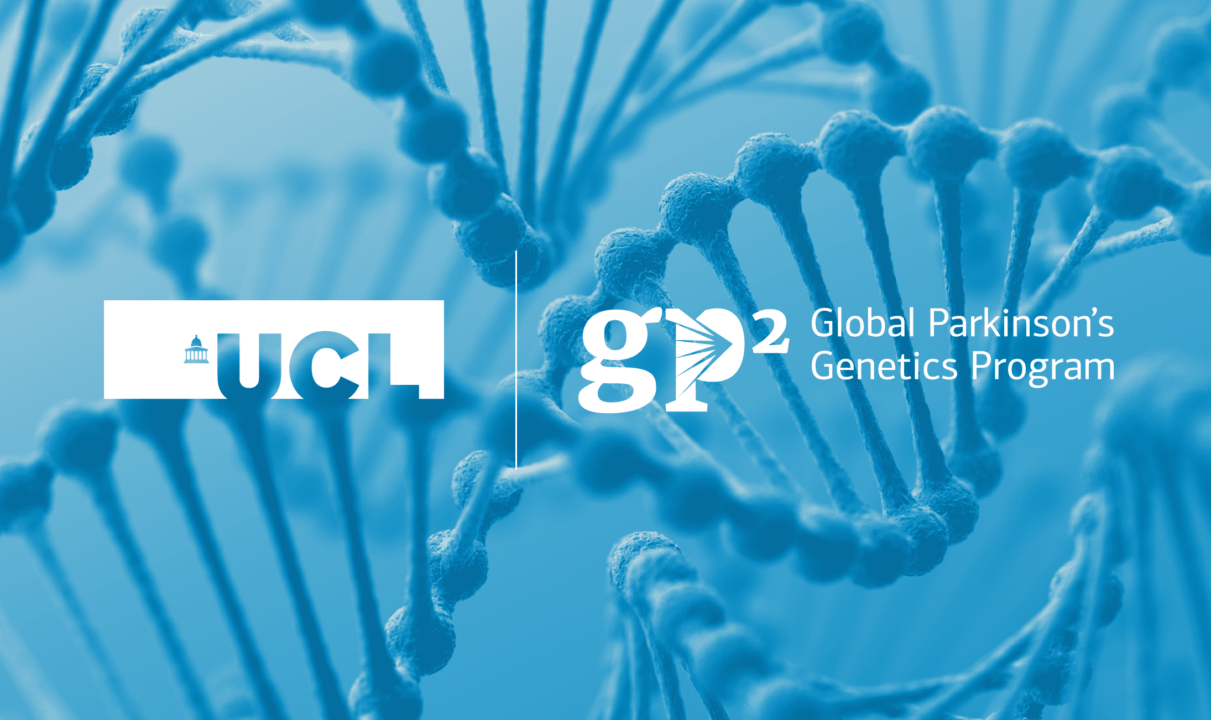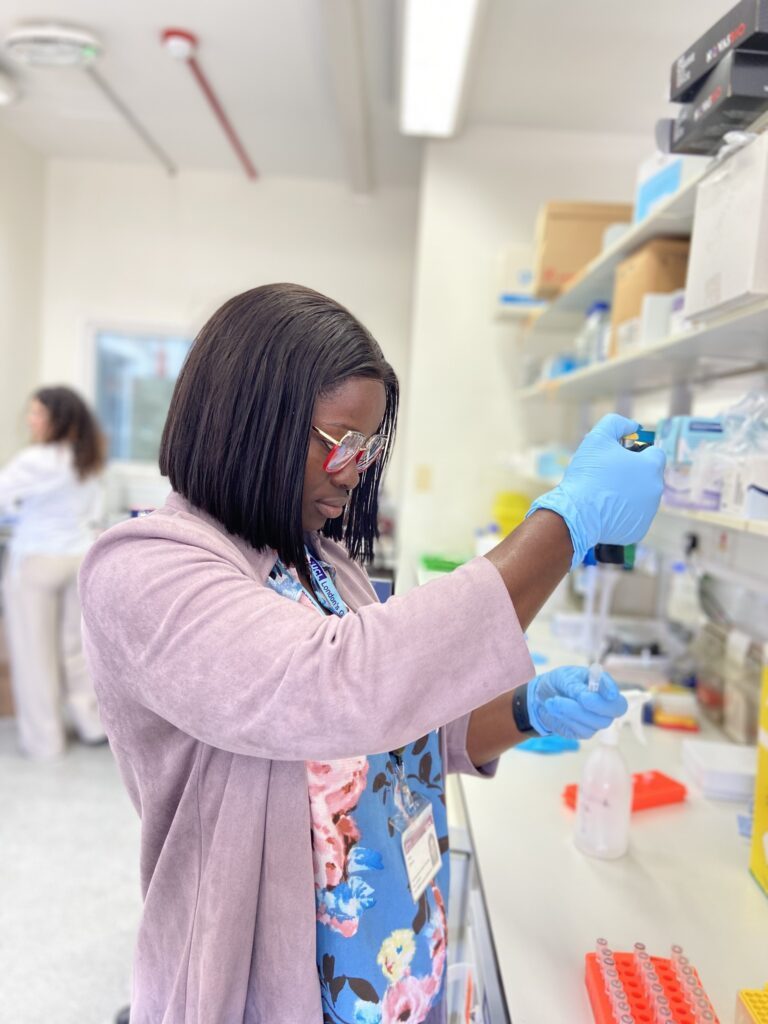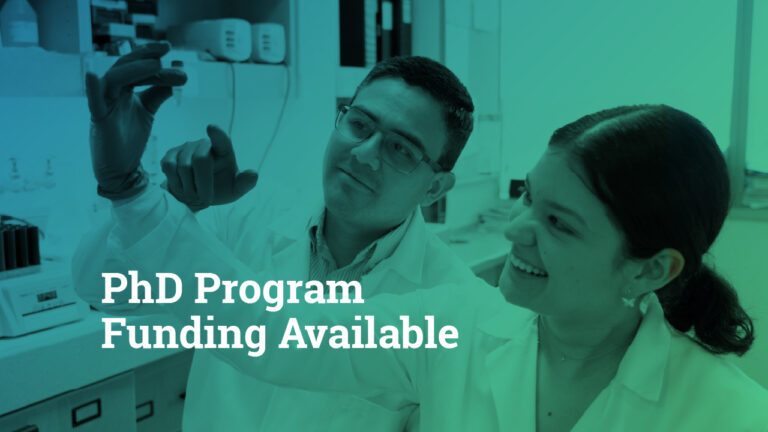We are inviting applications for a PhD Studentship: “Understanding phenotype and progression in Parkinson’s disease.” The PhD will be based within the ASAP-GP2 Complex Disease Core at UCL Queen Square Institute of Neurology and supervised by Huw Morris, Maryam Shoai, and John Hardy.
The interaction between clinical variation, genetics, and progression remains poorly understood. As part of ASAP-GP2, the PhD will join a global initiative integrating clinical and genetic data from 150,000 patients with Parkinson’s disease (PD) worldwide. There will be opportunities for collaboration with leaders in PD genetics across the GP2 network.
Find the project overview below for further information, a person specification, funding notes, and application guidelines. The application deadline is 23:59 on August 31, 2020.
Understanding phenotype and progression in Parkinson’s
PhD Studentship
Supervisors
Prof Huw Morris, Dr. Maryam Shoai, Prof. John Hardy
Details
This PhD will form part of the Aligning Science Across Parkinson’s (ASAP) Initiative – Global Parkinson’s Genetics Program (GP2).
In our preliminary work we have analyzed clinical phenotypes and progression in ~ 4000 Parkinson’s patients and 1000 Progressive Supranuclear Palsy patients and identified genetic variants that determine progression and represent targets for new therapies. We have also identified genetic variants that may influence the risk of infectious disease and act as PD risk genes.
The interaction between clinical variation, genetics and progression remains poorly understood. In the ASAP-GP2 initiative we will be part of a global initiative integrating clinical and genetic data from 150,000 patients with Parkinson’s disease (PD) worldwide.
The PhD will be based in clinical and genetic data science. The PhD will involve training in clinical data harmonisation and interpretation, and genetic analysis (both common and rare variants) for genome wide association through regression and survival analysis. Cross-disorders analysis studying the overlap in susceptibility between neurological, psychiatric, and infectious diseases will form part of this project.
This will be a collaborative project, based within the ASAP-GP2 Complex Disease Core at UCL Queen Square Institute of Neurology and supervised by Huw Morris, Maryam Shoai, and John Hardy. A period training at other sites within the ASAP-GP2 consortium would be encouraged (depending on traveling restrictions).
References
- Herbst, Susanne, and Maximiliano G. Gutierrez. “LRRK2 in infection: friend or foe?.” ACS Infectious Diseases 5.6 (2019): 809-815.
- Jabbari, Edwin, et al. “Variation at the TRIM11 locus modifies progressive supranuclear palsy phenotype.” Annals of Neurology 84.4 (2018): 485-496.
- Jabbari, Edwin, et al. “Common variation at the LRRK2 locus is associated with survival in the primary tauopathy progressive supranuclear palsy.” bioRxiv (2020).
Funding notes
Three-year funded PhD studentship starting in November/December 2020 to cover university fees, stipend (2020/21: £18,485) and consumables (£1,000 per annum).
The PhD studentship is available to United Kingdom/EU and international students, including applicants from regions of the world that are underrepresented in research. However, the successful applicant would be expected to study in London.
About ASAP-GP2
The Global Parkinson’s Genetics Program (GP2) is an ambitious five-year program to genotype >150,000 volunteers around the world to further understand the genetic architecture of Parkinson’s disease (PD). There is still much to learn about genetic risk factors and the path to further understanding requires working collaboratively and openly sharing data, processes, and results.
Person specification
Essential criteria
- Bachelor’s degree (2:1 or higher) in a relevant discipline
- Computer literate
- Able to understand data management and analysis
- Strong interest in understanding neurodegenerative disease genetics
- Able to work as part of a local and global collaboration
- Excellent written communication skills with the ability to train in writing scientific papers and a PhD thesis
- Excellent oral communications skills with the ability to deliver research presentations
Desirable criteria (training will be provided as part of the PhD program)
- Experience in statistical / data processing coding languages e.g., R, STATA, Python
- Experience in bioinformatics and statistics
Application Process
Deadline: 23:59 BST, August 31, 2020
Please submit applications to [email protected] in the following format:
- A CV or biographical sketch (2 pages maximum).
- Completed application form (download here), including:
- Personal statement (600 words maximum) outlining (i) why you are applying for this project, (ii) what makes you the ideal candidate, (iii) what training experience you have had to date.
- Name and contact details for at least one person who could be approached as a reference.
Shortlisted candidates will be notified in late September. For more information about the project please contact Huw Morris at [email protected]




